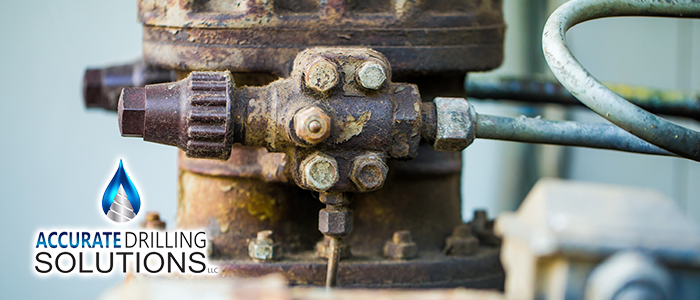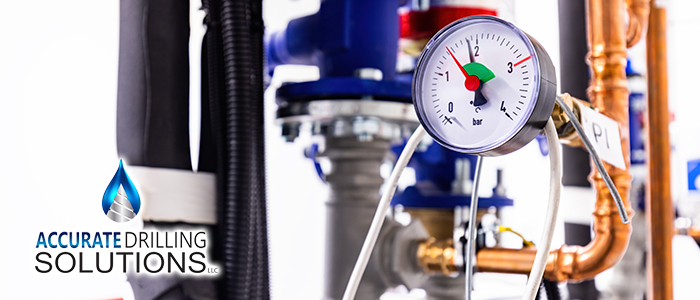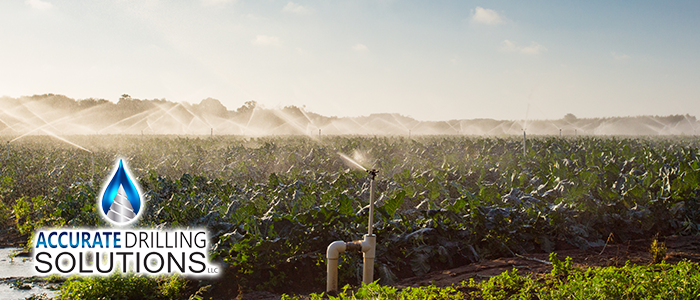
Pump System Troubleshooting: Tips for Winter Haven Business Owners
For businesses in Winter Haven and Lakeland relying on private wells or booster systems, a malfunctioning pump system isn’t just an inconvenience – it can mean operational downtime, lost revenue, and potential safety hazards. Understanding common issues and having a plan for Pump System Troubleshooting: Tips for Winter Haven Business Owners is critical for maintaining business continuity. This guide offers practical advice for identifying and addressing pump system problems swiftly and effectively.
Commercial pump systems, whether for irrigation, manufacturing processes, sanitation, or potable water supply, are often more complex and operate under higher demands than residential systems. Proactive maintenance is key, but even well-maintained systems can experience unexpected failures. Knowing the warning signs and basic troubleshooting steps can help minimize disruption.
Common Pump System Issues Faced by Businesses
Commercial pump systems can suffer from a range of problems, often exacerbated by continuous operation and high flow rates. Some frequent issues include:
- Reduced Flow or Pressure: This is perhaps the most common symptom, impacting everything from irrigation coverage to process efficiency.
- Pump Fails to Start: No water flow at all, indicating a potential electrical issue, motor failure, or control system malfunction.
- Pump Runs Continuously: Suggests a leak downstream, a faulty pressure switch/sensor, a check valve failure, or incorrect system sizing.
- Excessive Noise or Vibration: Can point to cavitation (formation and collapse of vapor bubbles due to low pressure), bearing failure, impeller damage, or misalignment.
- Frequent Cycling (Short Cycling): Usually related to pressure tank issues (improper air charge, waterlogging), faulty controls, or leaks.
- Overheating Motor: May be caused by low voltage, high ambient temperature, blocked ventilation, over-pumping, or internal motor problems.
Recognizing these symptoms early allows for quicker diagnosis and potentially prevents catastrophic failure.
Initial Troubleshooting Steps for Business Owners
When a pump system issue arises, Winter Haven business owners or maintenance staff can perform some initial checks before calling for professional help. Safety First: Always disconnect power to the pump system at the main breaker before attempting any inspection or troubleshooting involving electrical components.
1. Check Power Supply: Ensure circuit breakers haven’t tripped. Verify phase monitors and voltage readings if applicable and safe to do so. Electrical issues are a common cause of pump failure.
2. Inspect Controls: Check pressure switches, sensors, variable frequency drives (VFDs), and control panels for obvious faults, error codes, or incorrect settings. Ensure timers or automation systems are functioning as expected.
3. Look for Leaks: Visually inspect accessible piping, valves, and fixtures downstream from the pump. Undetected leaks are a frequent cause of continuous running or low pressure.
4. Check Pressure Tank (if applicable): For systems with pressure tanks, verify the air pre-charge pressure (when the system is drained). A waterlogged or improperly charged tank causes short cycling.
5. Listen for Unusual Noises: Grinding, rattling, or high-pitched whining sounds can provide clues about the nature of the problem (e.g., bearing failure, cavitation).
These initial steps can sometimes resolve simple issues or provide valuable information for the service technician.
Electrical Issues and Pump Motors
Electrical problems are a significant source of pump system failures in commercial settings. Issues can range from simple tripped breakers due to temporary overloads to more severe problems like phase loss, low/high voltage, or motor winding failures. Symptoms often include the pump failing to start, tripping breakers repeatedly, or overheating.
Checking voltage at the motor terminals (by a qualified person) can confirm if adequate power is reaching the unit. Inspecting wiring connections for corrosion or looseness is also important, particularly in the damp environments often found around pump systems in Florida. Phase monitors can protect three-phase motors from damaging voltage imbalances or phase loss. If motor issues are suspected (e.g., humming but not starting, overheating), professional diagnosis is usually required, involving checks like insulation resistance (megger) testing. Further information on motor protection can be found through resources like the Electrical Apparatus Service Association (EASA).
Mechanical Pump Problems: Seals, Bearings, and Impellers
Mechanical failures within the pump itself can lead to various symptoms. Worn mechanical seals can cause leaks around the pump shaft. Failing bearings often produce grinding or whining noises and can lead to shaft seizure if not addressed. Damaged or clogged impellers are a common cause of reduced flow and pressure.
Cavitation, often sounding like gravel passing through the pump, can severely damage impellers and other internal components. It’s typically caused by insufficient suction head (NPSHa), high water temperature, or blockages in the suction line. Addressing mechanical issues usually requires pump disassembly and repair by trained technicians. Ignoring mechanical noises or vibrations can lead to complete pump failure and more costly repairs.
Control System Malfunctions: Switches, Sensors, and VFDs
Modern commercial pump systems often incorporate sophisticated controls, including pressure sensors, flow meters, level switches, and Variable Frequency Drives (VFDs). While these enhance efficiency and performance, they also introduce potential points of failure. A malfunctioning pressure switch or sensor can cause the pump to run constantly, cycle improperly, or fail to start/stop at the correct pressures.
VFDs, used to control pump speed and save energy, have their own diagnostics but can suffer from electronic component failure, programming errors, or overheating. Troubleshooting control systems often requires specialized knowledge of electronics and system programming. Checking sensor readings against manual gauges and reviewing VFD fault logs can provide diagnostic clues. The International Society of Automation (ISA) offers resources related to industrial control systems.
Preventive Maintenance: The Best Troubleshooting Tool
The most effective way to handle Pump System Troubleshooting: Tips for Winter Haven Business Owners is to prevent problems from occurring in the first place. A robust preventive maintenance program is essential for commercial pump systems. This should include:
Regular Inspections: Periodically check for leaks, listen for abnormal noises, inspect wiring, and monitor operating pressures and motor amps.
Lubrication: Follow manufacturer recommendations for motor and pump bearing lubrication.
Seal Checks: Monitor mechanical seals for any leakage.
Pressure Tank Maintenance: Regularly check and adjust the air pre-charge in pressure tanks.
Control System Checks: Verify sensor calibration and VFD operation periodically.
Well/Sump Cleaning: For well pumps or sump pumps, periodic cleaning can prevent intake clogging.
Accurate Drilling Solutions offers comprehensive Maintenance Agreements tailored to the needs of businesses in Winter Haven and Lakeland, ensuring systems are proactively cared for.
When to Call the Professionals
While basic checks are useful, many pump system problems require professional expertise. Business owners should call a qualified service provider like Accurate Drilling Solutions when:
- Basic troubleshooting steps don’t resolve the issue.
- Electrical testing or repairs are needed.
- The pump requires disassembly (e.g., for seal, bearing, or impeller issues).
- Specialized diagnostic tools are required (e.g., vibration analysis, thermal imaging).
- Safety concerns exist regarding electrical or mechanical components.
- The root cause of the problem isn’t apparent.
Attempting complex repairs without proper training and tools can lead to further damage, extended downtime, and safety risks.
Conclusion: Minimizing Downtime in Winter Haven
Pump system failures can significantly impact businesses in Winter Haven and Lakeland. By understanding common problems, performing basic troubleshooting steps safely, and investing in regular preventive maintenance, business owners can minimize the risk and impact of unexpected downtime. Knowing when to escalate issues to professionals ensures that complex problems are diagnosed accurately and repaired efficiently.
For expert commercial pump system service, repair, installation, and maintenance agreements designed for business needs, rely on the experience of Accurate Drilling Solutions. Visit Accurate Drilling Solutions to learn more about how we keep businesses running smoothly.
continue reading
Related Posts
Sarasota Commercial Pump Maintenance Essentials For commercial properties in Sarasota
Plant City Agricultural Well Systems: A Complete Guide Agriculture is
St. Petersburg’s Guide to Sustainable Water Solutions In coastal communities






